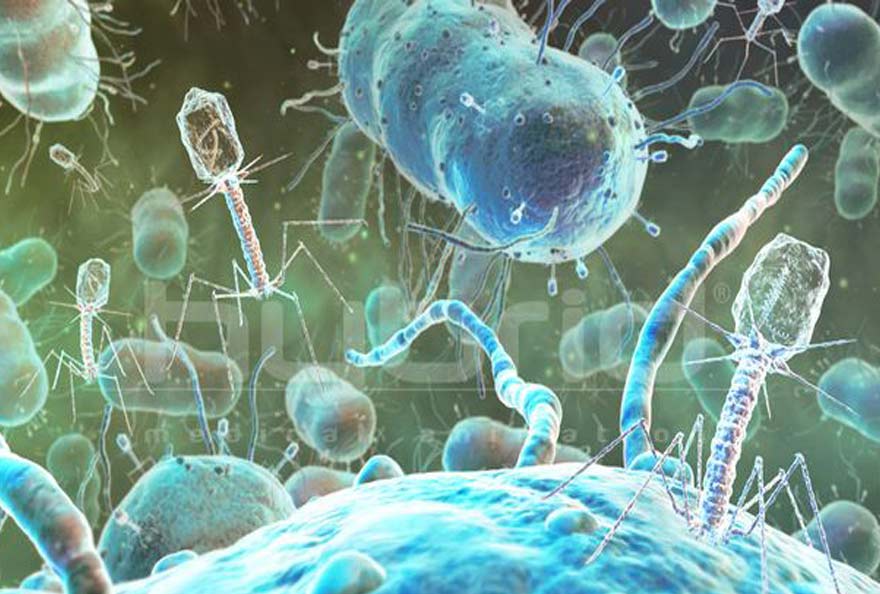Viruses are ubiquitous microbiome components, shaping ecosystems via strain-specific predation, horizontal gene transfer and redistribution of nutrients through host lysis. Viral impacts are important in groundwater ecosystems, where microbes drive many nutrient fluxes and metabolic processes; however, little is known about the diversity of viruses in these environments. We analyzed four groundwater plasmidomes (the entire plasmid content of an environment) and identified 200 viral sequences, which clustered into 41 genus-level viral clusters (approximately equivalent to viral genera) including 9 known and 32 putative new genera.
To our knowledge, this is the first study to identify the bacteriophage distribution in a groundwater ecosystem shedding light on their prevalence and distribution across metal-contaminated and background sites. Our study is uniquely based on selective sequencing of solely the extrachromosomal elements of a microbiome followed by analysis for viral signatures, thus establishing a more focused approach for phage identifications. Using this method, we detected several novel phage genera along with those previously established. Our approach of using the whole-genome sequences of hundreds of bacterial isolates from the same site enabled us to make host assignments with high confidence, several at strain levels. Certain phage genes suggest that they provide an environment-specific selective advantage to their bacterial hosts. READ MORE https://journals.asm.org/doi/10.1128/mSystems.00537-21





admin
admin
admin